Why Teens begin misusing opioids
Some may succumb to peer pressure, want to fit in, or experiment. Others may misuse opioids to self-medicate and find them easier to obtain than other drugs.
Opioids refer to a class of drugs that includes substances such as heroin, fentanyl, oxycodone, codeine, morphine, and others.
Although doctors sometimes prescribe prescription opioid medications for severe pain, opioid misuse can quickly lead to dependence and addiction. SAMHSA explains that opioid misuse can lead to dependence in as little as five days.
Additionally, teens and young adults are the biggest misusers of prescription pain medication, and prescription drugs are the most commonly abused substances among Americans ages 14 and older, following alcohol and marijuana.
Some may succumb to peer pressure, want to fit in, or experiment. Others may misuse opioids to self-medicate and find them easier to obtain than other drugs.
Opioid misuse can not only lead to dependence and addiction but can also result in overdose, incidents, coma, permanent brain damage, and fatality.

Teens and young people are significantly impacted by the negative effects of opioids.
Sandstone Care is here to support teens and young adults with substance use and mental health disorders.
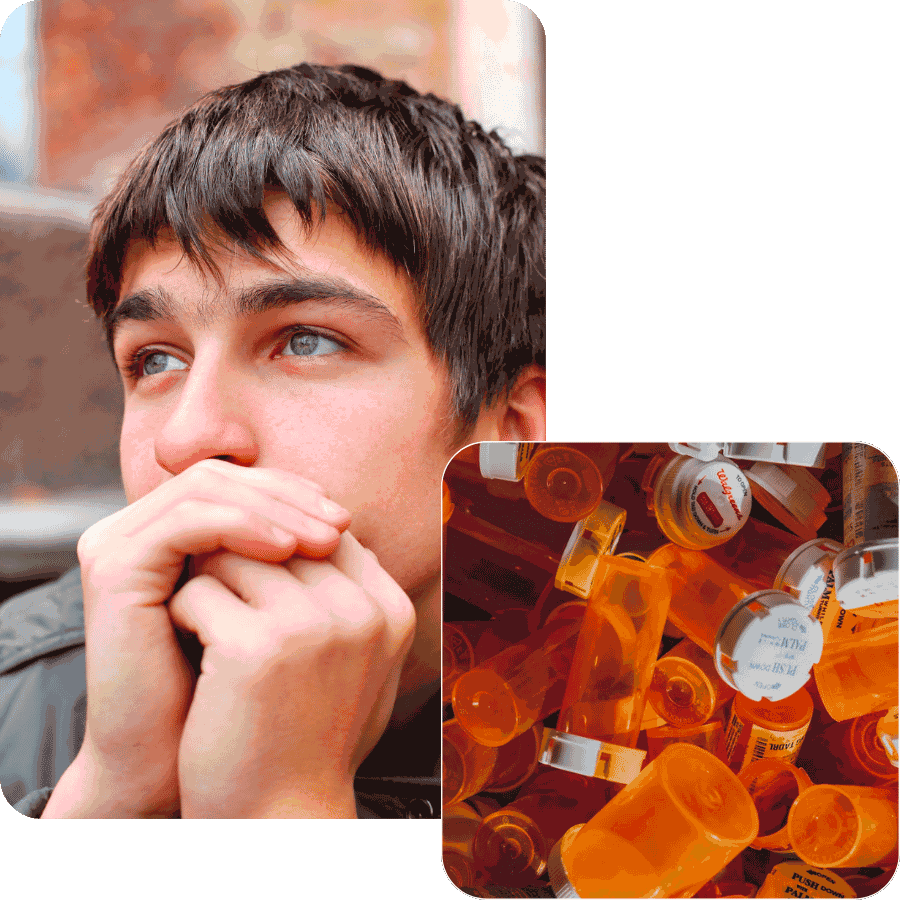
Opioids may sometimes be prescribed for dental work, sports-related injuries, or surgeries. While they may work to help with pain, they can become highly addictive.
Opioids work by releasing dopamine into the body, which can cause someone to feel more relaxed or relieved from pain.
However, they also involve other effects, including sleepiness, nausea, and vomiting. Over time, they can also cause insomnia, muscle pain, infections, and pneumonia.
When a person becomes addicted, they lose control over the urge to seek the drug again and again, and the brain feels a need for opioids to feel “normal” again.
When opioids are misused, they can slow down your breathing too much, cause a person to stop breathing entirely, and lead to overdose.
Paramedics will likely give a medication called naloxone, which is used to block the effects of opioids quickly.
If you believe a loved one has overdosed on opioids, call 911 immediately.
Other Symptoms of opioid addiction in teens can include:
Sandstone Care provides age specific care for those who struggle with substance use, mental health, and co-occurring disorders. We have treatment centers throughout the United States.
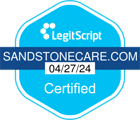
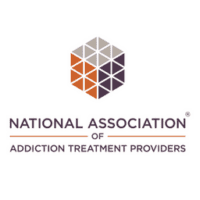

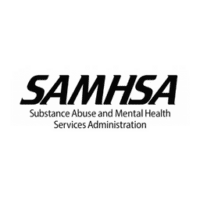
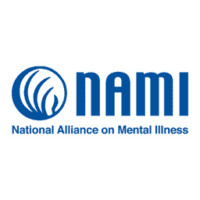
A teen may need treatment for opioid addiction if their opioid use has begun to have a negative effect on their everyday life and they cannot stop using despite the consequences.
A teen may also need treatment for opioid addiction if they experience withdrawal symptoms, which can include:
If you or a loved one are experiencing suicidal thoughts, call the National Suicide Prevention Lifeline at 988, or if you are in imminent danger, call 911.

The Continuum of Care
Access a full range of treatments for mental health and substance use disorders. Whether you need a safe transitional living community, inpatient care, or outpatient therapy, we have a program to help.
A combination of medication and behavioral therapy has shown to be effective in treating opioid addictions.
The first line of treatment for opioid use disorder is medication. Medication can also be most effective when coupled with behavioral therapy.
According to the National Institute on Drug Abuse, three medicines are approved by the FDA to treat opioid addiction.
The medicines buprenorphine and methadone can help to reduce cravings. Naltrexone is another medication used to treat opioid addiction by preventing its effects on the brain.

Therapy Treatments
We deliver evidence-based therapy treatment for teens in a number of areas. We’re available 24/7 to answer any questions.
Contingency Management involves giving tangible rewards to individuals to reinforce positive behaviors such as abstinence from substances.
For example, Voucher-based reinforcements (VBR) are sometimes used for people who primarily abuse opioids.
In VBR, a person receives a voucher for every drug-free urine sample they provide. Vouchers have monetary value and can be used for things that encourage a drug-free lifestyle, like groceries or movie passes.
CBT is an evidence-based practice used to treat substance abuse and mental health issues.
CBT focuses on how thoughts, feelings, and behaviors connect and how unhealthy thought patterns can contribute to destructive behaviors.
A variety of different therapies fall under CBT, which can be used individually and in groups.
CBT is centered around identifying negative or false beliefs and restructuring them, so they reflect reality. It can also help teens build new techniques and life skills that they can use long after therapy.
CBT as a treatment for substance abuse helps teach individuals how to understand and avoid triggers, learn problem-solving skills, and build healthy coping mechanisms.
Motivation Enhancement Therapy (MET) is an approach that can help individuals engage in treatment and stop substance use.
According to the National Institute on Drug Abuse, the goal of MET is to evoke rapid and internally motivated change and build a plan for change.
Dialectical behavior therapy (DBT) is a type of psychotherapy used to treat mental health disorders, addiction, and dual diagnoses.
DBT focuses on four main skills: interpersonal effectiveness, mindfulness, emotion regulation, and distress tolerance.
Each of these skills helps a person learn to balance acceptance and change and understand the three states of mind.
DBT can help teens understand their choices and what state of mind contributed to their actions.


Sandstone Care offers age-specific, individualized, and evidence-based treatment programs that help you regain control of your life and achieve lasting recovery.
Opioids can lead to problems in relationships between family members, friends, and anyone close to you.
Opioid addiction can cause a person to isolate themselves. They may cut ties with the people close to them or change friend groups to be around people who also engage in substance use.
When one person struggles with opioid addiction, it affects the whole family. Because of this, families need to be involved throughout the treatment and recovery process for teen opioid addiction.
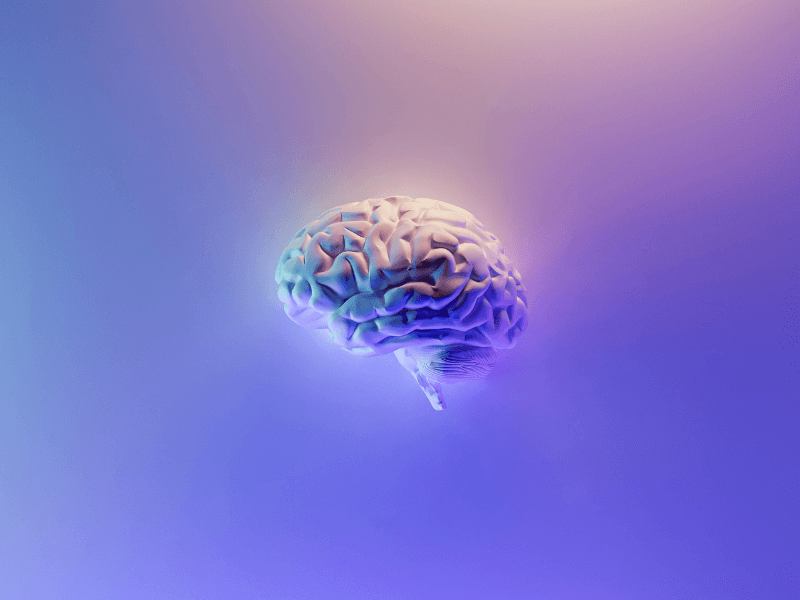
Opioids work by attaching to receptors on nerve cells in the brain, spinal cord, and other organs.
By doing so, they can block pain messages sent from the body to the brain, which is why opioids are prescribed for severe pain.
Opioids also release large amounts of dopamine. Dopamine is a chemical that helps us feel rewarded, motivates our actions, and causes feelings of pleasure and well-being.
Teenagers are also especially vulnerable to addiction, dependence, and long-term or permanent damage from opioid misuse because they are experiencing many developmental changes.

4880 Sadler Rd, Suite 110, Glen Allen, Virginia, 23060
(804) 534-2950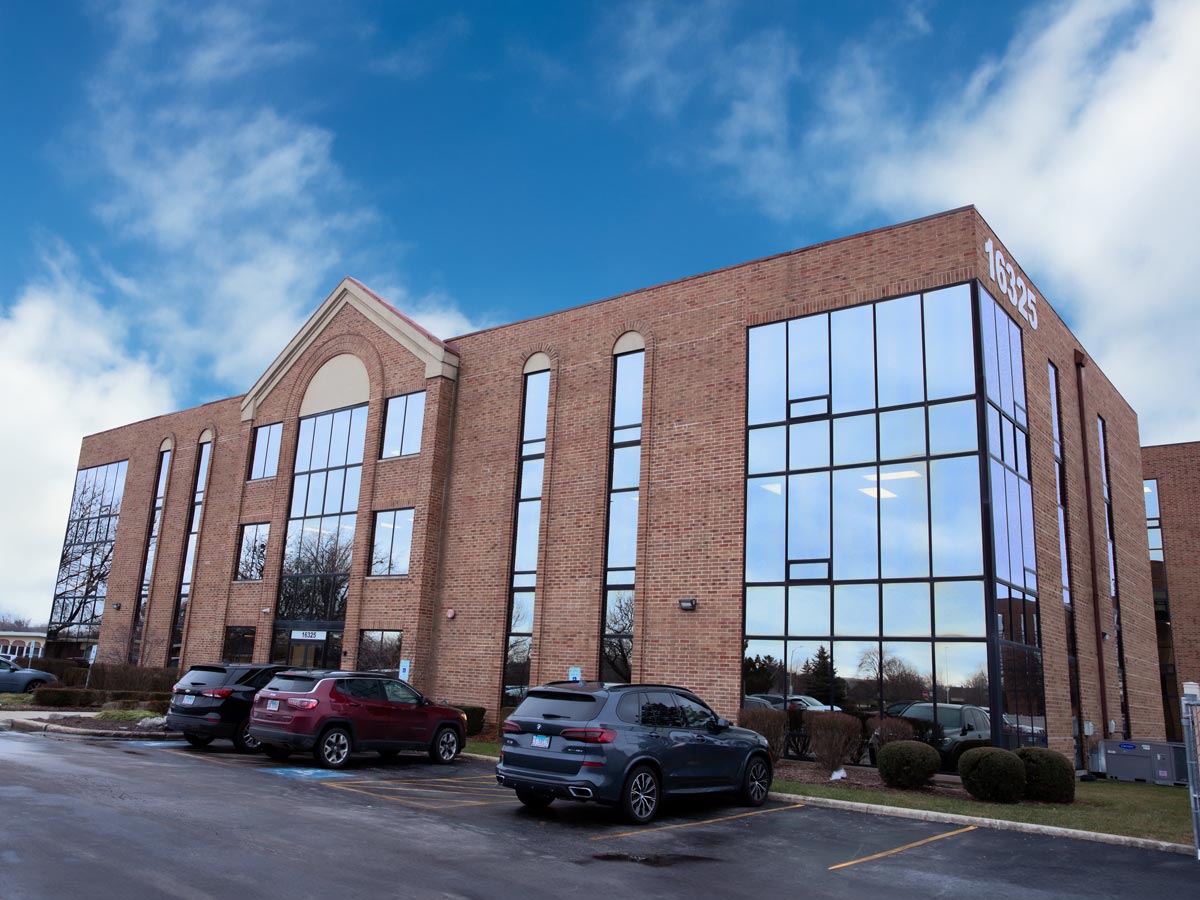
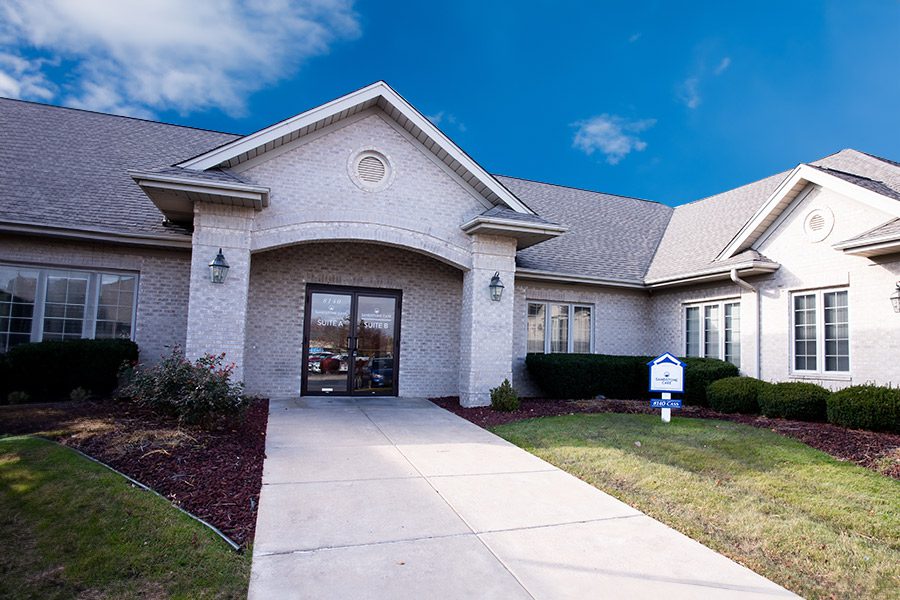
FAQ
Our goal is to provide the most helpful information. Please reach out to us if you have any additional questions. We are here to help in any way we can.
The increase in opioid overdose deaths has led the government to declare a public health emergency, affecting people in every community.
Opioids can affect every aspect of a teen’s life, including performance in school, mental and physical health, and relationships with family and friends.
It can also cause teens to engage in risky behaviors, such as driving under the influence.
Teens are especially vulnerable to the negative consequences of opioid use because of their rapidly developing brains. They are more susceptible to developing an addiction, long-term impacts on their health, or overdose.
According to the CDC, in 2019, current prescription opioid misuse was reported among 7.2% of high schoolers.
The opioid epidemic is a growing problem and has been declared a public health emergency.
Many parents may worry about how they can stop or prevent their children from abusing substances like opioids.
One of the first steps to preventing opioid use is by talking about it and educating yourself and your loved ones about the dangers that come with it. Open conversations can also help your child feel more comfortable coming to you and being open with you.
If a loved one is struggling with opioid use, reach out for professional help. Voice your concerns and give them your care and support. Getting help for substance use and addiction can be extremely difficult and is a process that takes time,
By getting professional help, you or your loved ones are given the resources and support needed to promote effective treatment and recovery.
Teen drug use and opioid misuse are extremely dangerous.
Not only does the opioid epidemic impact people of all communities, but teens are especially vulnerable to developing an addiction and facing long-term consequences related to opioid abuse.
Opioid use can negatively affect all aspects of a young person’s life and well-being.
According to the NIDA, behavioral therapies are the most commonly used form of drug abuse treatment.
Medications in combination with behavioral therapy can also be effective in treating addiction.
The effectiveness of different treatment approaches varies from person to person.
What works for one person may not work for another. That is why it is important to develop an individualized treatment plan to meet a specific individual’s needs rather than a one-size-fits-all approach.
According to the Surgeon General’s Report on Alcohol, Drugs, and Health, in regards to opioid addiction usually follows a pattern that includes:
Yes, CBT is used as an evidence-based practice for treating a wide range of substance use disorders, drug addiction, and mental health disorders.
According to the National Institute on Drug Abuse, research shows that the skills learned through CBT remain even after treatment is completed.


We understand taking the first step is difficult. There is no shame or guilt in asking for help or more information. We are here to support you in any way we can.